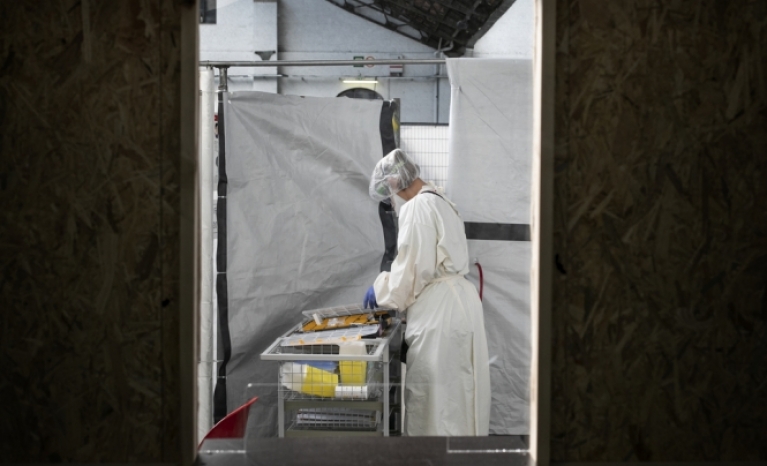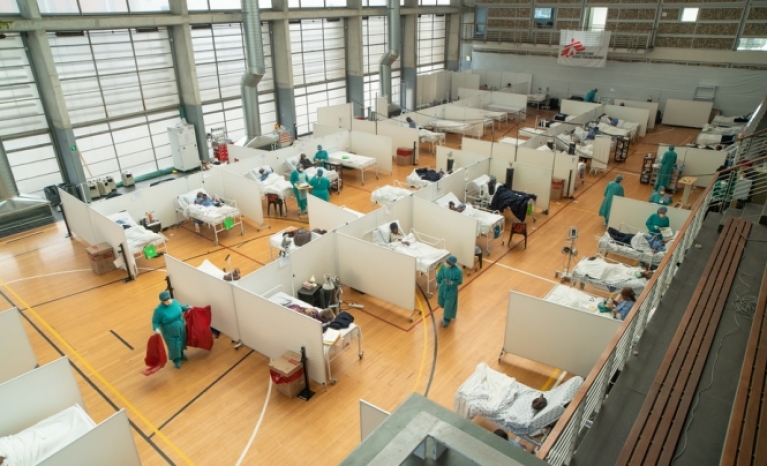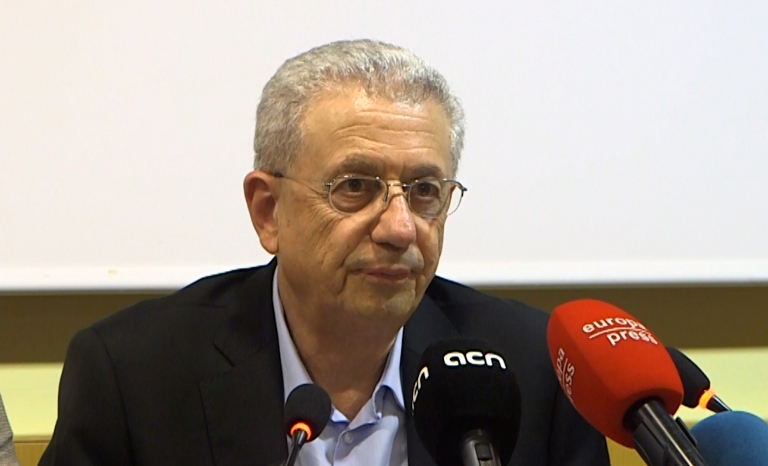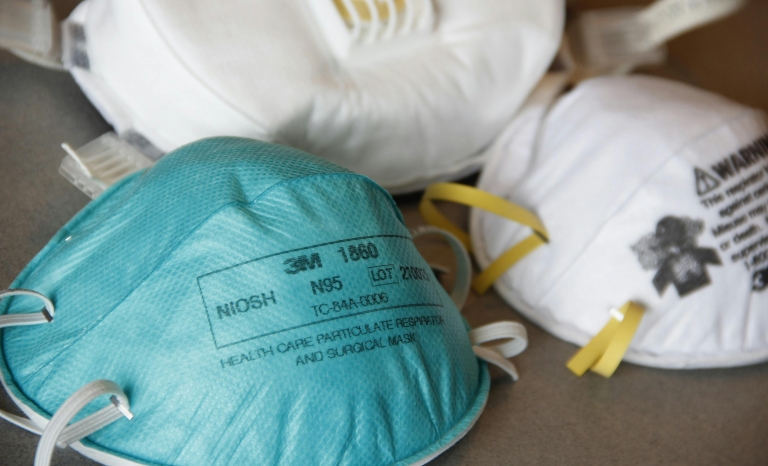Humanitarian and human rights defender organizations, and the WHO all warn of the inequity of vaccine distribution system.
From the outbreak of the Covid pandemic, all hopes are placed on the development of vaccines to achieve global immunization of the population.
Pfizer, Moderna, Astrazeneca, Jannsen or Novavax are all names that we’re hearing a lot. They are all pharmaceutical companies and laboratories that have lent their names to the different vaccines being developed around the world.
In mid-January, the Director General of the World Health Organization affirmed that more than 39 million vaccine doses had been given in at least 49 high-income countries, while in lower-income countries only 25 had been administered. “Not 25 million, not 25 thousand, only 25”, Tedros Adhanom highlighted, pointing at the magnitude of inequality.
An important fact is that mentioned by the Head of the WHO for Europe, who said that 95% of the 23.5 million vaccine doses given for Covid in the world had been applied in only 10 countries.
Intellectual property is limiting production
"Despite the huge public investment in supporting research and development of vaccines, in practice the patent for these vaccines are in the hands of pharma companies”, says Raquel González, the spokesperson of Médcins Sans Frontiers (MSF).
In December, MSF published 6 key factors on their website that could make the Covid vaccine fair and equitable for all. One month later, the reality is that we’re far from achieving this.
Agreements signed by countries and pharma companies continue to be undisclosed, the price is unknown, as they are the result of bilateral negotiations, and there’s proof of inequity in their distribution; there’s no will to share the advances made and patents are limiting production and fabrication.
Intellectual property legislation, regulated by the World Trade Organization, aims to protect innovation and development by granting production rights only to the company that has discovered the vaccine. In the context of Covid, this means the production can only be done in the laboratories of the pharmaceutical companies or in other production plants they decide and under the agreements they decide.
"At a time like this, where until everyone is vaccines we won’t overcome the pandemic, all these limitations and the reticence to share scientific knowledge is hampering the free production and distribution of the vaccine”, González explains.
In fact, in recent weeks, India and South Africa submitted an initiative to the WHO asking for exemptions to intellectual property for the vaccines, treatments and medicines used for Covid-19 until global immunity is achieved.
Nationalism around vaccines endanger their efficacy
The WHO and human rights’ organisations aren’t only worried about patents.
"Right now we have the North which has started to vaccinate and the South that can’t even start to plan how they will vaccinate because they don’t have access to the vaccine”, Dani Vilaró, who is the communications officer at Amnesty International Catalonia, says. The organization published some months ago the handbook 'Un pinchazo justo'.
Quite the opposite to what Amnesty International is proposing in relation to the need for global cooperation and the respect for human rights, what seems to be governing the whole situation right now is the so-called “vaccine nationalism”. Stockpiling vaccines for a privileged minority and leaving the rest out of the game won’t help end the pandemic. If anyone is left behind, we all continue to be threatened”, Vilaró adds.










Add new comment